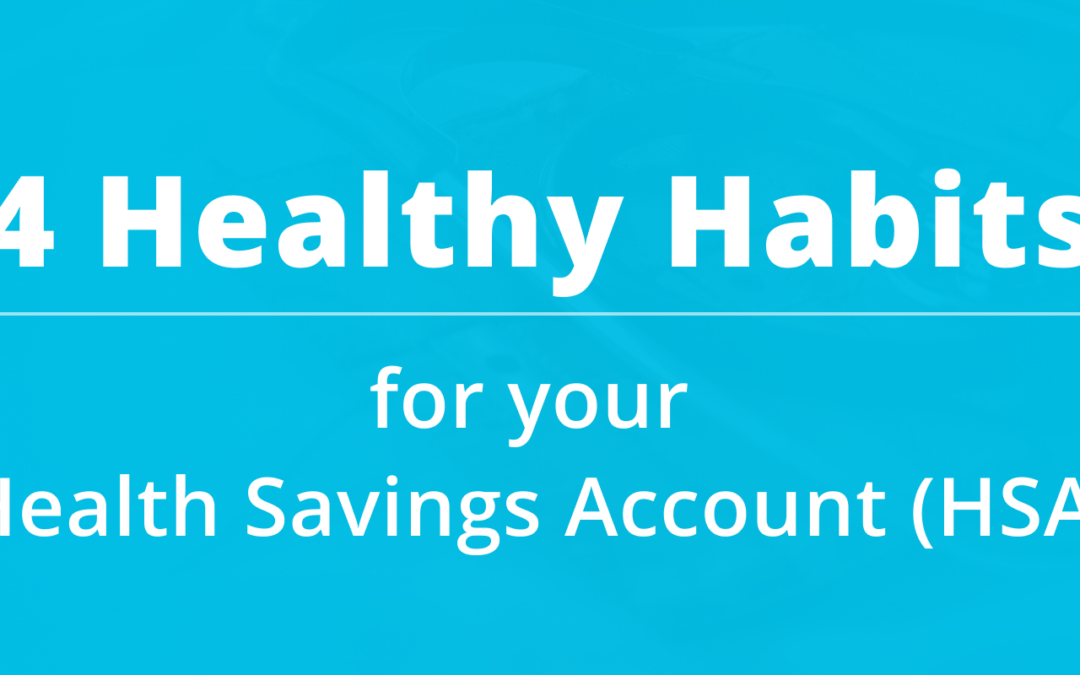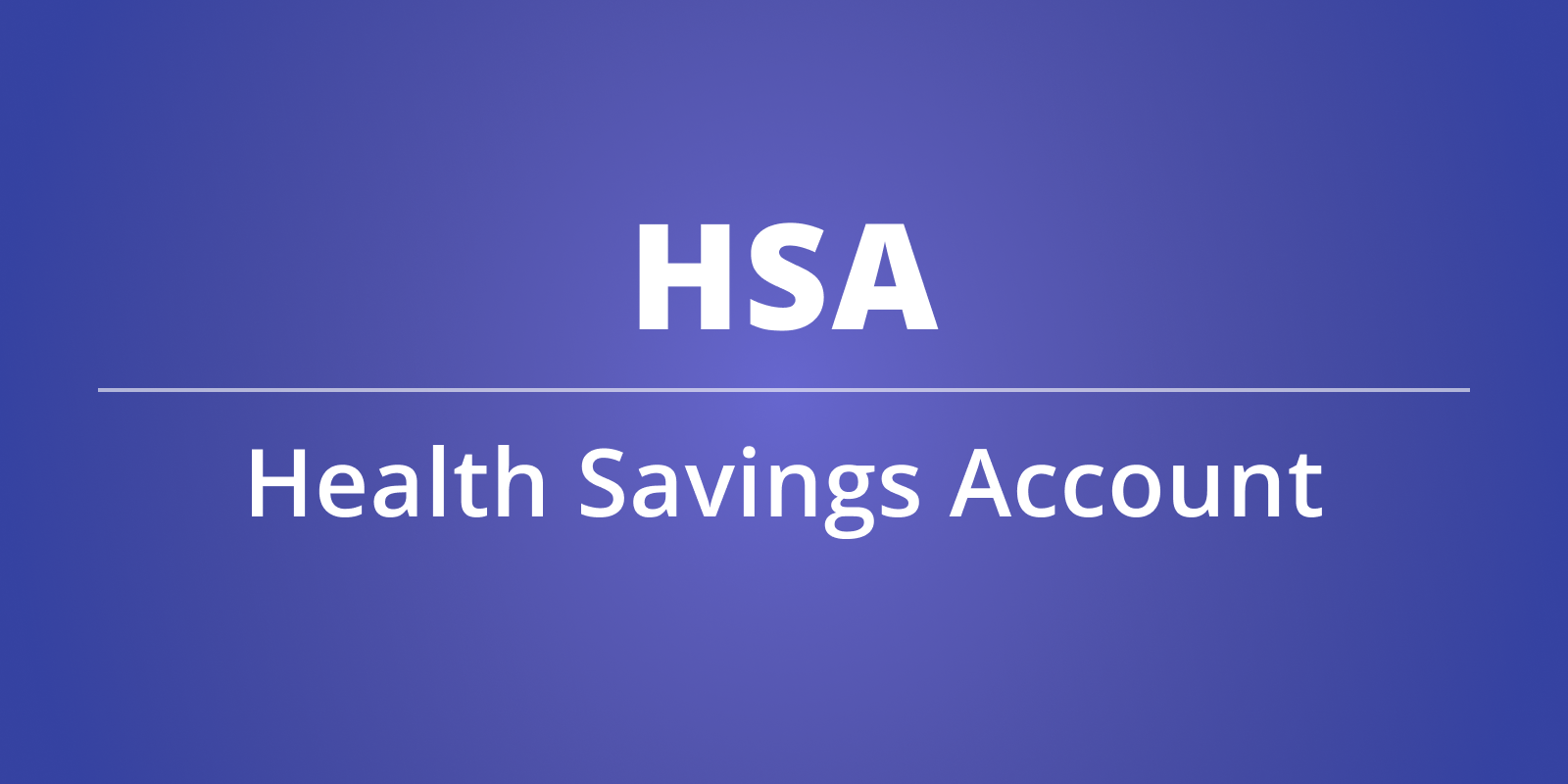As the Health Savings Accounts market grows, so does the conversation around contributions – from the employers and the employees. An increasing number of employees discover their HSA’s ability to be leveraged as a retirement savings vehicle. To maximize the impact of their HSA program, employers are exploring ways to improve upon the adoption rate. But what benefits do you receive as an employer?
Encouraging Your Employees Every Step of the Way
Your employees are your most valued asset. And when it comes to health care and retirement, you want to ensure employees are well looked after. Once employees understand how the HSA benefits them, it can serve as an excellent retention tool. Your role is to move them along to participate and educate them about all the perks of an HSA. Incentivizing employees to sign up for the plan during open enrollment can include seed money or a matching contribution. Even small contributions can have a considerable impact on recruitment to retention. Not only does it strengthen the employer-sponsored HSA program, but it also helps to build a more motivated, healthier, and happier workforce.
Consider education a year-round process that will empower your employees to take their financial wellness and health into their own hands.
Empowering Your Employees is Beneficial For You
While there are numerous HSA tax advantages for employees, employers can take advantage of many benefits available to them by offering an HSA paired with a High Deductible plan.
It’s essential to set up a cafeteria plan when you offer an HSA. It allows employees to make pre-tax contributions to their accounts, helping them avoid federal and state (in most states) taxes on contributions. Additionally, unlike 401(k) contributions, pre-tax HSA contributions are free of FICA tax for your employees and you as the employer. This incredible benefit saves both you and your employees up to 7.65% on taxes.
In addition to the tax benefits for your business, offering an HSA plan encourages your employees to take a more active role in healthcare purchases. By doing so, there’s the potential to keep premiums lower for you and your employees.








